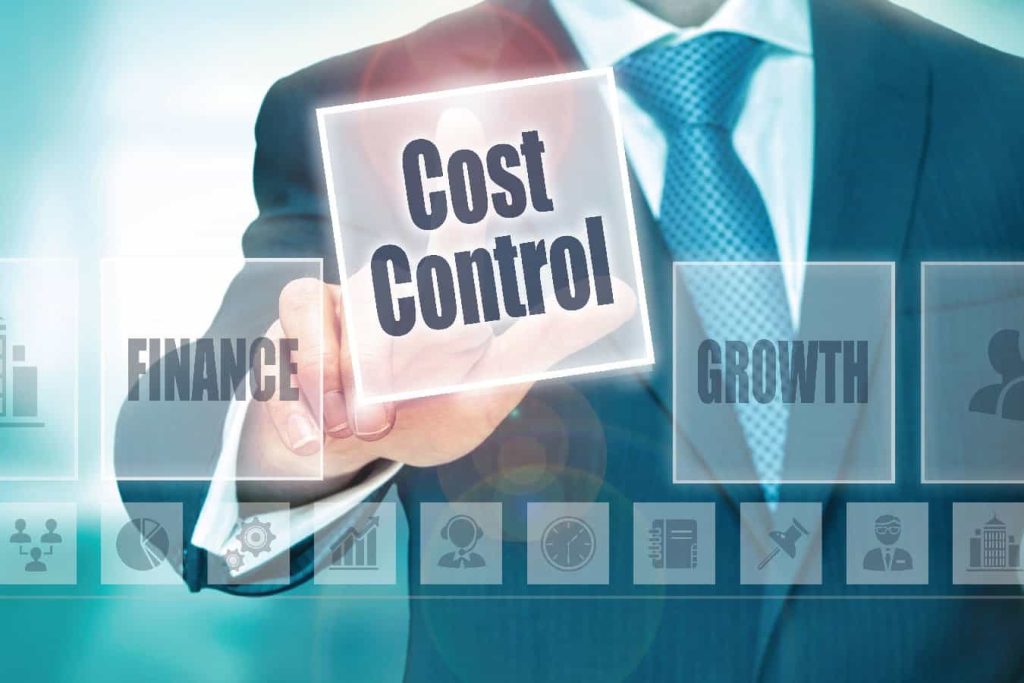Introduction
Almost all the projects need to be guided right throughout in order to receive the required and expected output at the end of the project. It is the team that is responsible for the project and most importantly the project manager that needs to be able to carry out effective controlling of the costs. There are, however, several techniques that can be used for this purpose.
In addition to the project goals that the project manager has to oversee, the control of various costs is also a very important task for any project. Project management would not be effective at all if a project manager fails in this respect, as it would essentially determine whether or not your organization would make a profit or loss.
Cost Control Techniques
Following are some of the valuable and essential techniques used for efficient project cost control:
1 – Planning the Project Budget
You would need to ideally make a budget at the beginning of the planning session with regard to the project at hand. It is this budget that you would have to help you for all payments that need to be made and costs that you will incur during the project life cycle. The making of this budget therefore entails a lot of research and critical thinking.
Like any other budget, you would always have to leave room for adjustments as the costs may not remain the same right through the period of the project. Adhering to the project budget at all times is key to the profit from project.
2 – Keeping a Track of Costs
Keeping track of all actual costs is also equally important as any other technique. Here, it is best to prepare a budget that is time-based. This will help you keep track of the budget of a project in each of its phases. The actual costs will have to be tracked against the periodic targets that have been set out in the budget. These targets could be on a monthly or weekly basis or even yearly if the project will go on for long.
This is much easier to work with rather than having one complete budget for the entire period of the project. If any new work is required to be carried out, you would need to make estimations for this and see if it can be accommodated with the final amount in the budget. If not, you may have to work on necessary arrangements for ‘Change Requests’, where the client will pay for the new work or the changes.
3 – Effective Time Management
Another effective technique would be effective time management. Although this technique does apply to various management areas, it is very important with regard to project cost control.
The reason for this is that the cost of your project could keep rising if you are unable to meet the project deadlines; the longer the project is dragged on for, the higher the costs incurred which effectively means that the budget will be exceeded.
The project manager would need to constantly remind his/her team of the important deadlines of the project in order to ensure that work is completed on time.
4 – Project Change Control
Project change control is yet another vital technique. Change control systems are essential to take into account any potential changes that could occur during the course of the project.
This is due to the fact that each change to the scope of the project will have an impact on the deadlines of the deliverables, so the changes may increase project cost by increasing the effort needed for the project.
5 – Use of Earned Value
Similarly, in order to identify the value of the work that has been carried out thus far, it is very helpful to use the accounting technique commonly known as ‘Earned Value’.
This is particularly helpful for large projects and will help you make any quick changes that are absolutely essential for the success of the project.
The Additional Steps for Project Cost Control
It is advisable to constantly review the budget as well as the trends and other financial information. Providing reports on project financials at regular intervals will also help keep track of the progress of the project.
This will ensure that overspending does not take place, as you would not want to find out when it is too late. The earlier the problem is found, the more easily and quickly it could be remedied.
All documents should also be provided at regular intervals to auditors, who would also be able to point out to you any potential cost risks.
Conclusion
Simply coming up with a project budget is not adequate during your project planning sessions. You and your team would have to keep a watchful eye on whether the costs remain close to the figures in the initial budget.
You need to always keep in mind the risks that come with cost escalation and need to prevent this as best as you can. For this, use the above techniques explained and constantly monitor the project costs.


